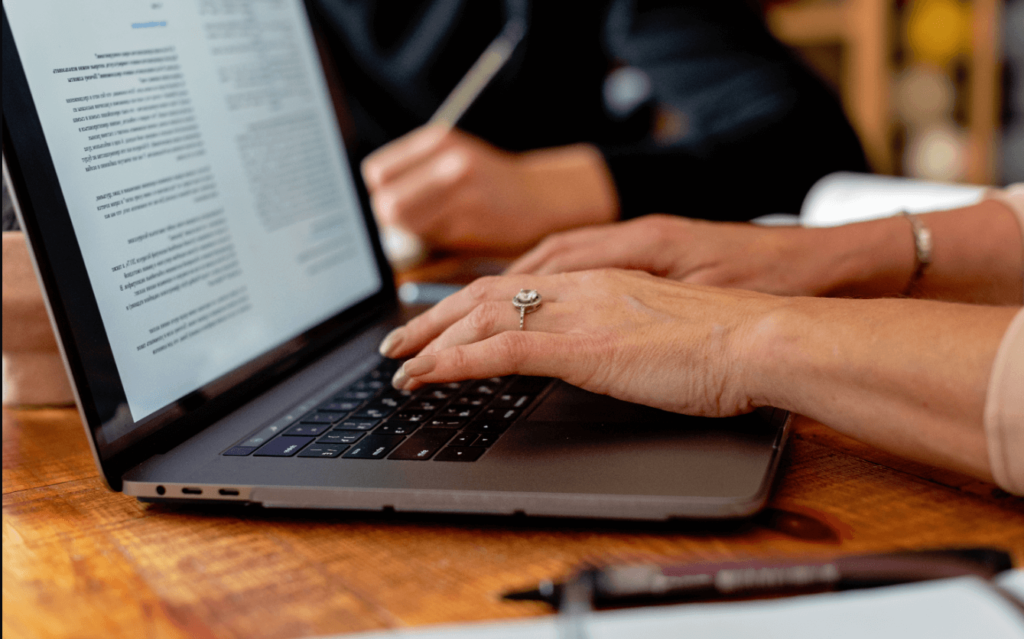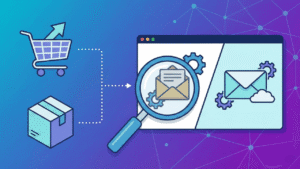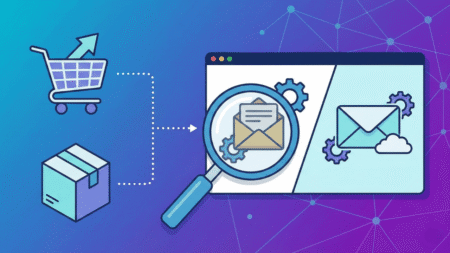A VPN, or Virtual Private Network, is a piece of software that allows you to change your IP address and browse the internet anonymously. A VPN encrypts all of your internet traffic and routes it through a server in another location, making it appear as if you’re browsing from that country.

This has a number of benefits. Firstly, it allows you to bypass geo-restrictions. So, if you’re trying to access a website that’s only available in the US, and you are in Austria, for instance, you can use a VPN in Austria to connect to a US server and view the site. Also, it stops your ISP from being able to track your online activity.
What are the benefits of using a VPN on your PC?
A VPN helps to keep your online activity and identity safe. By encrypting your connection and hiding your IP address it ensures that your privacy is better protected.
In addition, a VPN can also be used to bypass geo-restrictions. VPNs are also useful for protecting yourself from potential threats when using public Wi-Fi networks. As these networks are often unsecured, it’s possible for someone else on the network to snoop on your traffic. However, if you use a VPN, your traffic will be encrypted, making it much harder for anyone to spy on you.
What factors should you consider when choosing a VPN provider?
There are a few factors you should consider when choosing a VPN provider. If you’re not sure what to look for in a VPN, you can check Per-Erik Eriksson’s breakdown of the same, to make it easy for you. Some of the factors to look for are:
- The security and privacy features offered by the provider
- The speed and reliability of the VPN connection
- The number of simultaneous connections allowed
- The geographical location of the servers
What are the risks of not using a VPN?
There are a few risks associated with not using a VPN, the most notable being:
- Your data and information could be compromised if you’re not using a VPN. This is because your data is sent over an unsecured connection, which means that it can be intercepted by third-parties.
- You could be putting yourself at risk of identity theft if you’re not using a VPN. This is because your personal information, such as your name and address, could be exposed when you browse the internet without a VPN.
To sum up, make sure to do your research on any potential VPN service, paying close attention to reviews, privacy policies, and the features each one offers.





